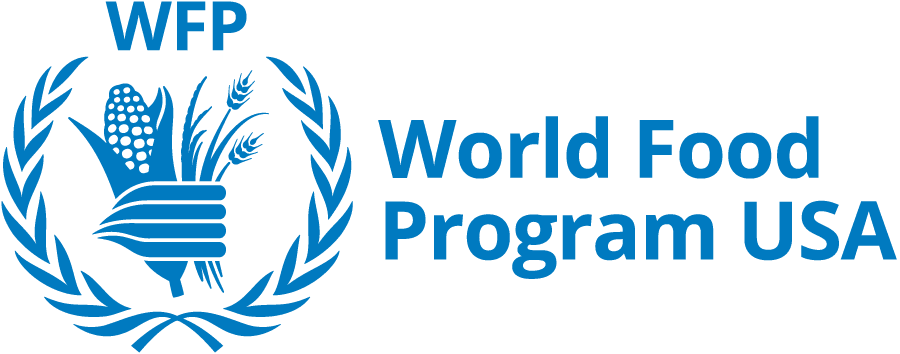Secure from Conflict, Insecure from Hunger
Uganda’s population has increased by nearly 15 million between 2002 and 2018. The country currently hosts the largest refugee caseload on the continent with more than 1.27 million refugees living in and around 10 rural settlements and urban areas. The country has received more than 1 million refugees from from South Sudan and the Democratic Republic of Congo since July 2016.
You can make a difference. By understanding issues, learning how to civically engage, and joining the movement to end global hunger for good.
 WFP/Hugh Rutherford
WFP/Hugh Rutherford WFP/James Akena
WFP/James AkenaAlthough per capita income growth stands at about 2 percent, poverty is still widespread with more than 19 percent of the population living below the national poverty line.
The Karamoja subregion is Uganda’s poorest, with chronic food insecurity, poor access to basic social services such as education and health, environmental degradation, erratic rainfall and recurrent droughts. Despite improved security in the region, a combination of these factors has undermined the capacity of households to meet their basic nutritional needs and has led to high rates of stunting among children under five at 35 percent.









